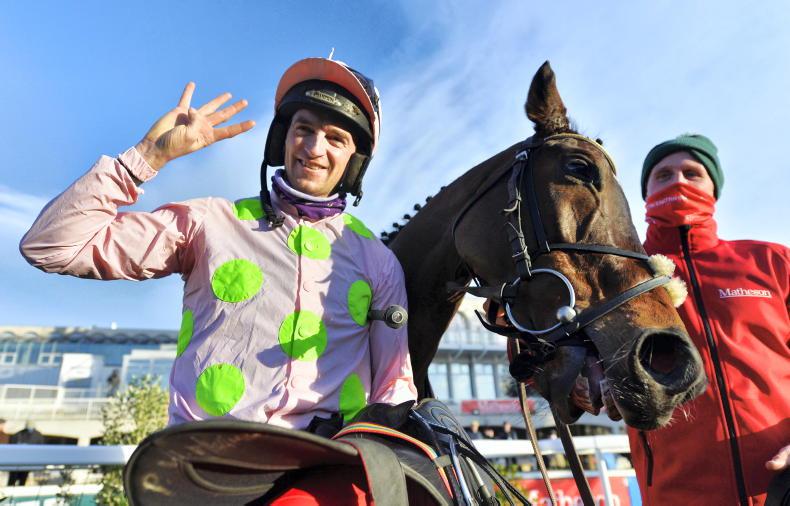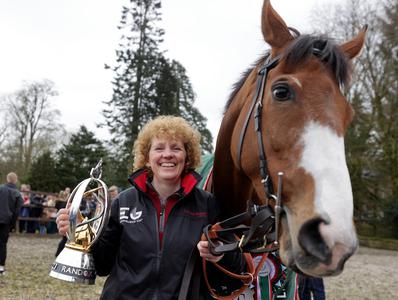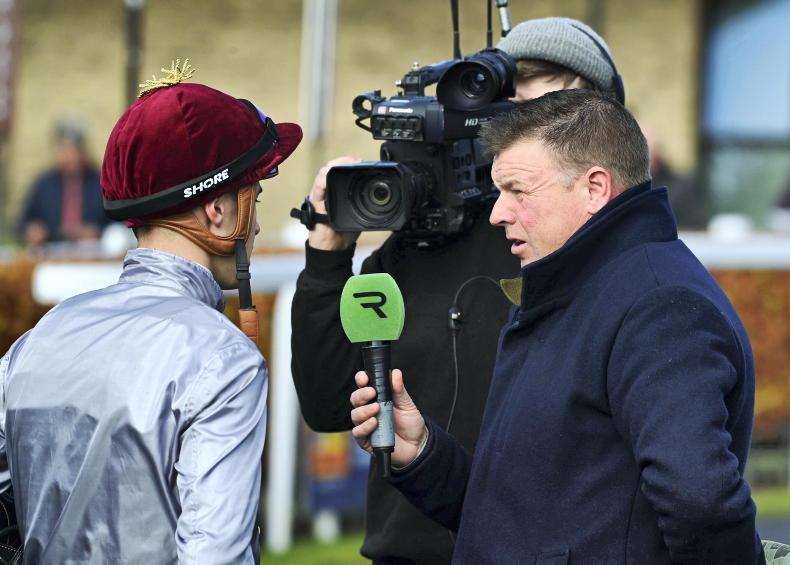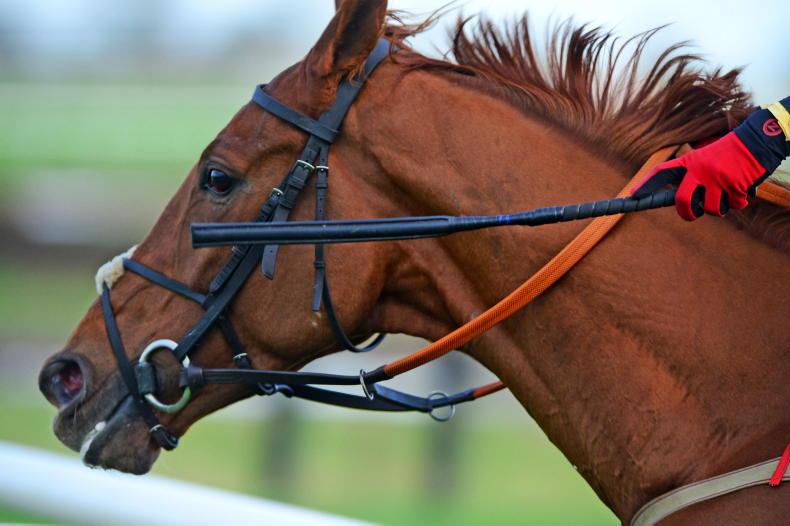THE retirement of the 2023 Grand National winner Corach Rambler was greeted with much approval last week – the ‘he owes us nothing, right thing to do’ variety.
But I couldn’t help but also feel there was a slight negative angle for the sport in the wider picture, that it was greeted with so much applause.
Many photos of Corach “enjoying his retirement” popped up online. Well, since he has a long summer off anyway, and is still in a racing yard, is it going to occur to him that he is now retired and won’t be going jumping fences again?
Since he is staying in the yard and working with the string, maybe he’ll realise come next November that he won’t be going racing any more?
His connections obviously feel very attached to the horse and this has been a positive thing for the promotion of the sport. We can find too many owners and trainers who never felt the same concern or responsibility for their horses.
But the Peter Scudamore comment - “Although he didn’t appear physically tired, I looked in his eye, and it felt to me that he was saying, ‘I’ve done it now’” - might just be stretching things?
Corach Rambler retires at 10 and after one poor run at the end of the season, in a race that probably would not have suited him anyway, and following an unpleasant experience in the Grand National. But we don’t really know if a summer at grass might just have restored his appetite for racing. If it becomes the norm to retire a popular horse after one or two poor runs, we won’t be left with a lot to get attached to in jump racing.
I’m sure we can all think of a few older NH horses who we might think deserve retirement but did recover form. Back at Punchestown in May 2004, the great Kauto Star was pulled up in the Gold Cup and pretty much everyone must have thought we would not see him again. He certainly owed no one anything. But the following year, at rising 12, he returned to famous wins in the Betfair Chase and King George. And, his retirement was brief and he met a less than perfect end.
Yes, times have changed. Welfare is rightly more to the fore. Especially when the cameras are on, but let’s remember a lot of injuries happen behind the scenes.
Public sentiment
We must be very aware of public sentiment, but too much of it can be damning too and not in the best interest of racing long term, if you propose to be a fan.
Does it feel there are more horses breaking down or suffering fatal injuries on tracks? Or are we just unlucky?
Or do every set of owners now feel compelled to go to social media to acknowledge a loss and emphasise how sorry they are to lose one? Has X become an ‘RIP’ site for lost racehorses?
Paisley Park held his form until he was 12. Pulling another random horse from the hat, since February 10th, Winged Leader has run three miles for each of 10 weekends, including each of the last three Sundays. No bother to him.
And yes, we can all get sentimental over horses. Seeing Istabraq eating his cake at 32 was lovely, but we must accept horses get injured in all sorts of places and racing needs its stars. There is a thin line between concern and appreciation and thinking that, even with improvements over the last few years, the sport is too dangerous.

Some Gambling Bill logic
IT WOULD be quite amusing if it wasn’t so serious for racing.
There I was, watching the PGA Golf championship at 10pm last Sunday night and been encouraged by betting adverts from three of the big betting companies to have a bet. And .. not on racing! But, unfortunately, it is racing coverage, for everyone involved in the industry who wants to watch Irish racing live, which will suffer from the intended new gambling legislation.
And it’s been well highlighted by many journalists in various racing publications and websites how those of us who watch racing - as we would any other sport, even if we use our knowledge to bet at times - will soon have to log on and place a small bet to watch a race live. And if you are on a betting website – there’s the temptation, that’s the deal.
The pleas for giving an exemption to the racing channels were well summed up on the Nick Luck on Sunday show last week by British professional punter Neil Channing. “If you are already watching racing, on a horse racing channel, you are not someone who is getting sucked in to racing, who is susceptible to being an addict. You are obviously a fan of the sport. You are already betting on the sport, it’s not casual exposure we are talking about.” And he went on to say the racing authorities here should have made this case more strongly to government. Makes sense. Will anyone in power see the sense though?
Youth or experience for classics?
LAST Saturday 25-year-old rider Jamie Torres rode into the unknown on one of the biggest races in the US racing calendar. He produced text book ride, making all, using the horse’s speed on a wet track, put his name on the US classic roll of honour in the Preakness Stakes at the first attempt.
On Wednesday came the news that “there had been no falling out” - Callum Shepherd has lost the ride on Derby second favourite Ambiente Friendly, with owners the Gredley Family opting for the “more experienced” Robert Havlin for the Epsom classic.
Now, owners going for riders with a much higher profile or a far better record in a big race occurs all the time and maybe can be justified. But reading on…it’s not Piggott or Dettori. It will be the Havlin’s third Derby ride with his best finish coming in 2019 when seventh on the 33/1 Humanitarian... it must be a bit hard to take.


 This is a subscriber-only article
This is a subscriber-only article
 It looks like you're browsing in private mode
It looks like you're browsing in private mode











SHARING OPTIONS: